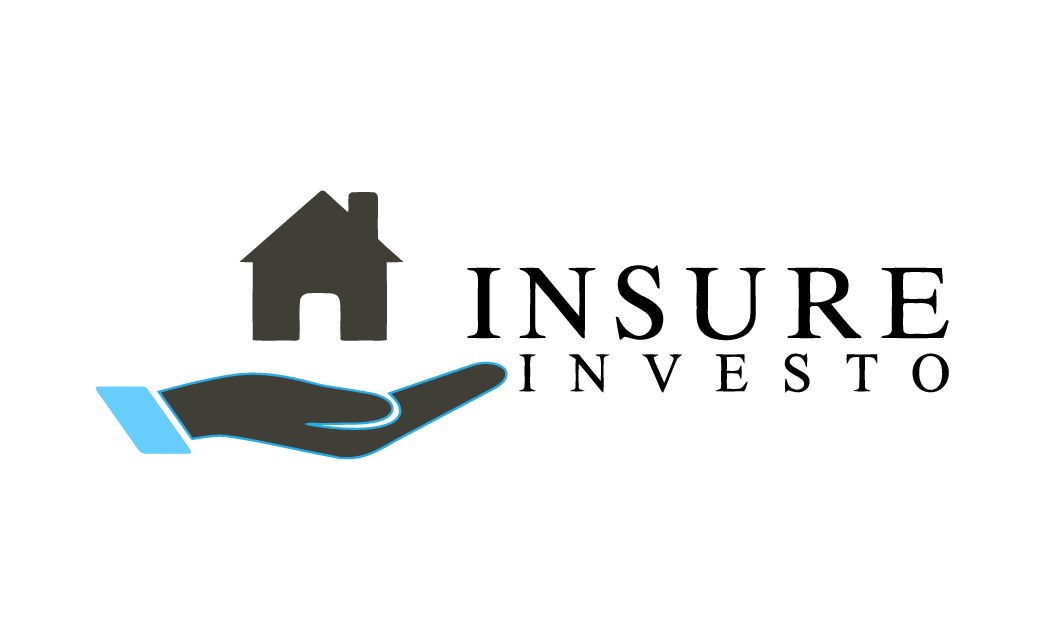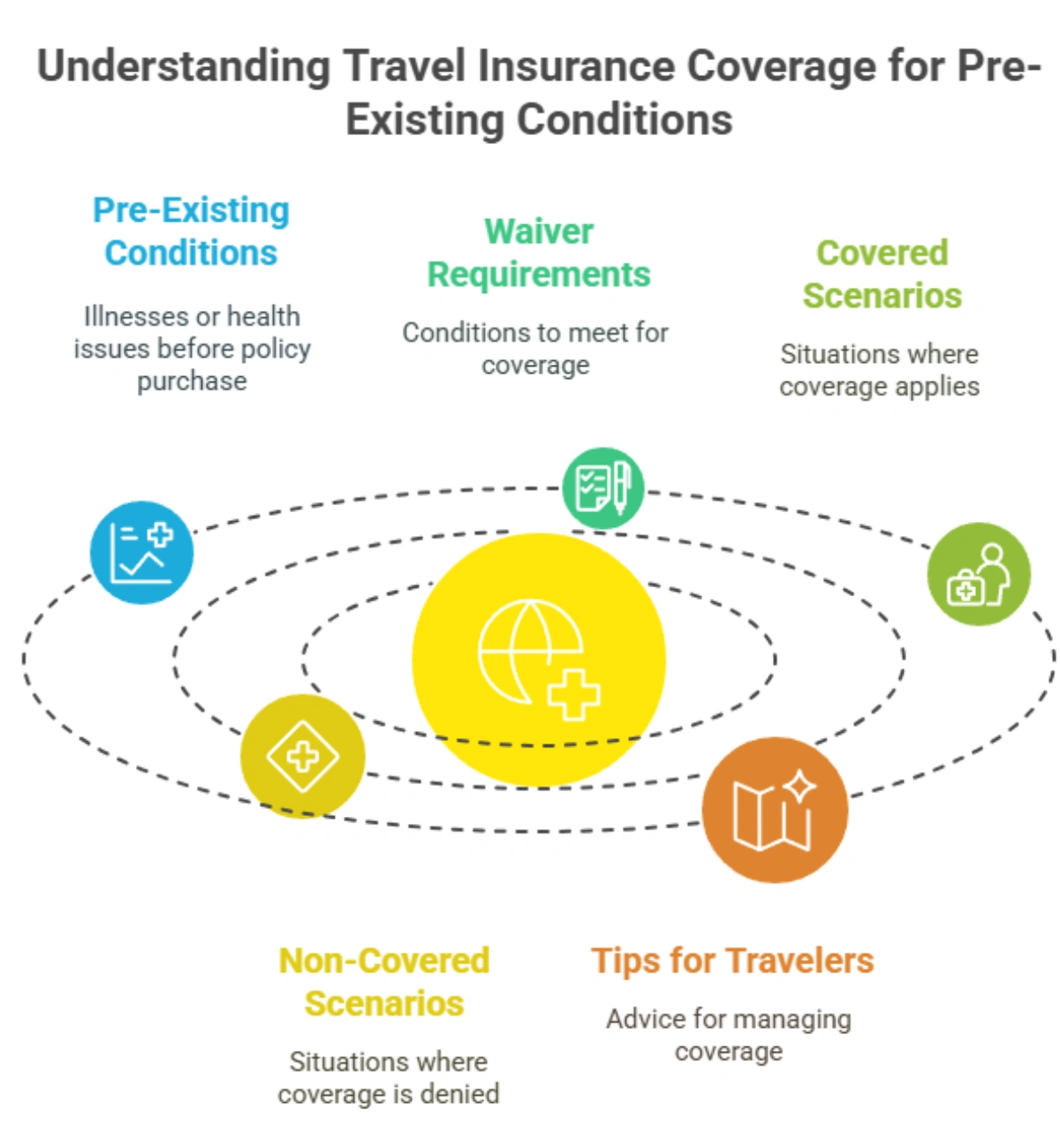Compare Health Insurance Quotes Online, Purchasing health insurance in the U.S. can feel like you’re walking through a maze with your eyes closed—strange language, strange patterns, and heads that change as you look. But here’s the good news: comparing health insurance rates online can streamline the process, save you money, and help you find a plan tailored to your needs. Whether you’re an individual, a family, or someone approaching Medicare age, the internet has made it easy for you to track your medications at home.
You’ll get everything you need to know about comparing health insurance quotes online in the USA. From how to get started to understanding what top providers offer, we’ll break it down step by step. Plus, we’ll spotlight some of the best platforms—like eHealth, NerdWallet, ValuePenguin, healthinsurance.org, and HealthMarkets helping Americans find coverage. By the end, you’ll feel confident enough to make an informed choice without losing your sanity (or your savings).
Why compare health insurance quotes online?
Why would you bother mixing words online? The answer is simple—health insurance is not one-size-fits-all. What your neighbor does may not work for you. Your age, gender, income, and health goals all play a role in determining what you pay and how much you receive. By shopping online, you can:
- Take time: Do not call employees or visit the offices. A few clicks, and you have a lot of features at your fingertips.
- Save money: Combining plans side by side helps you get the best deals and avoid paying too much.
- Choose the right one: Online tools allow you to compare plans with the one that matters most—the lowest price, specific doctor, or coverage.
How Health Insurance Works in the United States
Before you start crunching the numbers, it helps to understand the basics of health insurance. Think of it like you’re buying a car—you need to know what it’s worth before you take the plunge. Here’s a breakdown:
- Premiums: The fee you pay each month to maintain your insurance. Low premiums can mean that the risk is too high for your investment.
- Deductibles: The amount you pay before your insurance kicks in. A $1,000 deductible means you pay for the first $1,000 of medical care each year.
- Copays: A flat fee per service, such as $20 per physician.
- Coinsurance: A percentage you pay when you meet your deductible (e.g., 20% for a health plan).
- Out-of-Pocket Maximum: The most you’ll pay in a year. When you think about it, your insurance covers everything.
Most plans in the U.S. fall into a few categories, such as HMOs, PPOs, EPOs, or POS plans, each with its own set of benefits and deductibles. ACA plans, listed on the marketplace (HealthCare.gov), also come in metal ratings—Bronze, Silver, Gold, and Platinum—depending on how the cost is divided between you and your insurer. Bronze plans have lower premiums and higher deductibles, while platinum plans round out the equation.
Step-by-Step Guide to Comparing Health Insurance Online
Ready to start shopping? Here’s how to do it like a pro:
Step 1: Know what you want
Before you go on each page, take a moment to think about your topic. Ask yourself:
- Do I go to the doctor more often, or do I get better slowly?
- Do I need medical, disability, or mental health coverage?
- What should my monthly budget be?
- Are the doctors and hospitals I trust in good standing?
For example, if you’re a 40-year-old single person in Texas with no health issues, a Bronze plan may be helpful. But if you’re a family of four in California with a child who needs coverage, you’ll want a plan with more coverage and lower premiums.
Step 2: Choose a platform
He has ideas—too many. Websites like HealthCare.gov are the primary source of ACA coverage, but health insurance provides a broader scope. This is where Google’s front pages shine. We’ll explore these in more detail in the future, but for now, you should know that eHealth, NerdWallet, ValuePenguin, healthinsurance.org, and HealthMarkets are trusted names to consider.
Step 3: Enter the information
Most sites ask for a few basic information: your zip code, age, house number, and income. Why money? Because that determines whether you’re eligible for ACA subsidies, which can lower your premiums. For example, a family of four earning $60,000 in 2025 could pay just $74/month after deductibles, according to data from healthinsurance.org.
Step 4: Compare the models side by side
- Once you get the hang of it, look at the premium. Check:
- Deductibles and Out-of-Pocket Maximums
- Services provided (e.g., medical care, emergency care)
- Provider networks (can you keep your doctor?)
- The treatment effect is
Step 5: Help or Get Help
Have you found a manufacturer? Book online, or call an agent if you’re unsure. Many good websites offer free licensed counselors—it’s worth taking advantage of!
Top 5 Platforms to Compare Health Insurance Quotes Online
Health insurance quotes online” in the USA. These platforms aren’t just popular—they’re packed with features to make your search easier. Here’s what they bring to the table, based on their latest offerings.
1. eHealth (eHealthInsurance.com)
1. eHealth calls itself “America’s #1 Private Health Insurance Site,” and it’s easy to see why. With over 25 years in the game, it’s a one-stop shop for ACA plans, Medicare, dental, vision, and more.
Key Features:
- Quotes from 180+ carriers, including big names like Blue Cross Blue Shield and UnitedHealthcare.
- Tools to filter by premium, deductible, or specific benefits (e.g., telehealth).
- Free licensed agents are available 24/7 to guide you.
Best For: People who want variety. Whether you’re 30 and self-employed or 65 and Medicare-bound, eHealth has options.
Fun Fact: They’ve helped over 5 million Americans find coverage since 1997.
Latest Buzz: As of September 2024, eHealth rolled out updated comparison tools for 2025 ACA plans, making it even easier to spot subsidies.
2. NerdWallet (NerdWallet.com)
NerdWallet isn’t just about credit cards and savings accounts—it’s a financial guru that dives deep into health insurance too. It’s less about selling and more about educating.
Key Features:
- Simple quote tool partnered with HealthCare.gov and private insurers.
- Detailed guides on HMOs vs. PPOs, metal tiers, and subsidies.
- No pushy sales—just facts and comparisons.
Best For: First-timers who want to understand the “why” behind their options.
Standout Perk: Their articles (like “Best Checking Accounts” or “Mortgage Rates”) often tie into insurance, giving you a big-picture financial view.
Recent Update: In early 2023, they expanded their health insurance content, but they’re still refining their quote tool for 2025.
3. ValuePenguin (ValuePenguin.com)
Owned by LendingTree, ValuePenguin blends data-driven insights with user-friendly tools. It’s a favorite for number-crunchers who love specifics.
Key Features:
- Personalized quotes based on 2025 CMS data (think average costs for a 40-year-old: $477/month for Silver plans).
- Side-by-side comparisons of premiums, deductibles, and coverage levels.
- Niche content like “Best Dental Insurance for Braces” (spoiler: Humana wins at $18/month).
Best For: Data nerds who want hard numbers, not fluff.
Cool Stat: They reported a 65.6% rise in spirits consumption during the pandemic—random, but it shows their research depth!
2025 Note: Their November 2024 update added more state-specific Marketplace data.
4. healthinsurance.org
Around since 1999, this site has been an independent guide that’s all about transparency. It’s less flashy but loaded with expert advice.
Key Features:
- Free quotes for ACA plans, short-term insurance, and supplemental coverage.
- Deep dives into policy changes (e.g., the Inflation Reduction Act extending subsidies through 2025).
- State-by-state Medicaid guides and enrollment tips.
Best For: Policy wonks and subsidy seekers. If you’re one of the 20 million getting $74/month premiums, this site’s for you.
Unique Angle: They highlight lesser-known options like critical illness or accident insurance.
Latest Move: A March 2025 update added a proposed ACA rule breakdown—shorter enrollment periods might be coming.
5. HealthMarkets (HealthMarkets.com)
HealthMarkets combines tech with a human touch, offering free quotes and personal advisors. It’s practical and approachable.
Key Features:
- Quotes from top insurers in under 3 minutes.
- Filters for budget, family size, or specific needs (e.g., maternity).
- Over 3,000 licensed agents nationwide to finalize your plan.
Best For: Busy folks who want quotes fast and help seal the deal.
Claim to Fame: They’ve been pushing their “3-Minute Read” blogs since 2022—short, sweet, and useful.
2025 Highlight: Open Enrollment reminders for November 1, 2024–January 15, 2025, with real-time plan previews.

What to Look for When Comparing Quotes
These platforms are great, but the real magic happens when you know what to focus on. Here’s your checklist:
Cost Breakdown: Premiums get all the attention, but don’t sleep on deductibles and out-of-pocket maximums. A cheap $200/month plan with a $7,000 deductible might cost you more than a $400/month plan with a $2,000 deductible if you need surgery.
Network Coverage: Love your doctor? Check the plan’s provider network. eHealth and HealthMarkets let you search by doctor or hospital—use it. HMOs restrict you to in-network care, while PPOs offer flexibility (at a higher price).
Subsidies and Tax Credits: ACA plans often come with financial help. For 2025, healthinsurance.org notes that 90% of Marketplace enrollees qualify for subsidies. Enter your income accurately to see your real cost.
Extra Benefits: Some plans toss in perks like $0 telehealth (Cigna via HealthMarkets) or vision coverage (eHealth’s bundles). ValuePenguin even flags plans with prescription delivery—handy if you’re on meds.
Enrollment Deadlines: Miss Open Enrollment (November 1–January 15 in most states)? You’ll need a qualifying life event (marriage, job loss, etc.) for a Special Enrollment Period. healthinsurance.org’s guides are gold for this.
Comparing Quotes in Action
Let’s put this to the test with two scenarios:
Scenario 1: Single 30-Year-Old in Florida
- Profile: Healthy, earns $40,000/year, wants low premiums.
- eHealth: Bronze HMO, $250/month, $6,500 deductible.
- NerdWallet: Similar Bronze plan via HealthCare.gov, $230/month after a $20 subsidy.
- Winner: NerdWallet’s option—subsidies make a difference.
Scenario 2: Family of Four in California
- Profile: Two kids, $80,000 income, needs dental and moderate care.
- ValuePenguin: Silver PPO, $900/month, $3,000 deductible, dental add-on.
- HealthMarkets: Silver HMO, $850/month, $2,500 deductible, $0 telehealth.
- Winner: HealthMarkets—lower costs and telehealth perk.
Pros and Cons of Comparing Quotes Online
Pros
- Convenience: Shop anytime, anywhere.
- Variety: More plans than any agent could list.
- Transparency: See costs upfront, no surprises.
Cons
- Overwhelm: Too many options can paralyze you.
- Tech Limits: Some sites glitch or lack niche plans.
- No Human Touch: Unless you call, you’re on your own.
Tips to Optimize Your Search (and Boost Your Savings)
- Use Multiple Sites: Cross-check eHealth with ValuePenguin for the fullest picture.
- Apply Early: Beat the Open Enrollment rush—servers crash in December.
- Ask About Discounts: HealthMarkets agents often find hidden deals.
- Check Reviews: NerdWallet’s guides flag insurers with bad customer service.
Conclusion
Comparing health insurance quotes online isn’t just smart—it’s empowering. You’re not stuck with whatever your boss offers or what an agent pushes. With platforms like eHealth, NerdWallet, ValuePenguin, healthinsurance.org, and HealthMarkets, you’ve got the tools to find coverage that fits your life and wallet. Start today—your peace of mind (and bank account) will thank you.
FAQ
Is it OK to get insurance quotes online?
Compare Health Insurance Quotes Online, It’s fine! Getting quotes online is quick, convenient, and lets you compare options without pressure. Top sites like eHealth or HealthCare.gov are secure and legitimate. Just double-check the site’s credibility, enter accurate info, and you’re good to go—no stress, all from home.
Which insurer is best for health insurance?
It depends on your needs! Blue Cross Blue Shield often tops the list for wide networks, while UnitedHealthcare shines for flexibility. Kaiser Permanente is great if you love integrated care. Check reviews and coverage in your area—eHealth or HealthMarkets can show you who’s best locally.
How do I know which health insurance is best?
Look at your priorities—low premiums, doctor access, or specific coverage like prescriptions. Compare plans on NerdWallet or ValuePenguin for costs and benefits. Match the network to your doctors, check subsidies on HealthCare.gov, and pick what fits your budget and health needs.
Is $200 a month good for health insurance?
Compare Health Insurance Quotes Online, It’s decent, but it depends. For a young, healthy person, $200 might get a solid Bronze plan with higher deductibles—great if you rarely need care. Families or older folks might need more, so compare on HealthMarkets. Subsidies could make it a steal, otherwise, it’s average.






